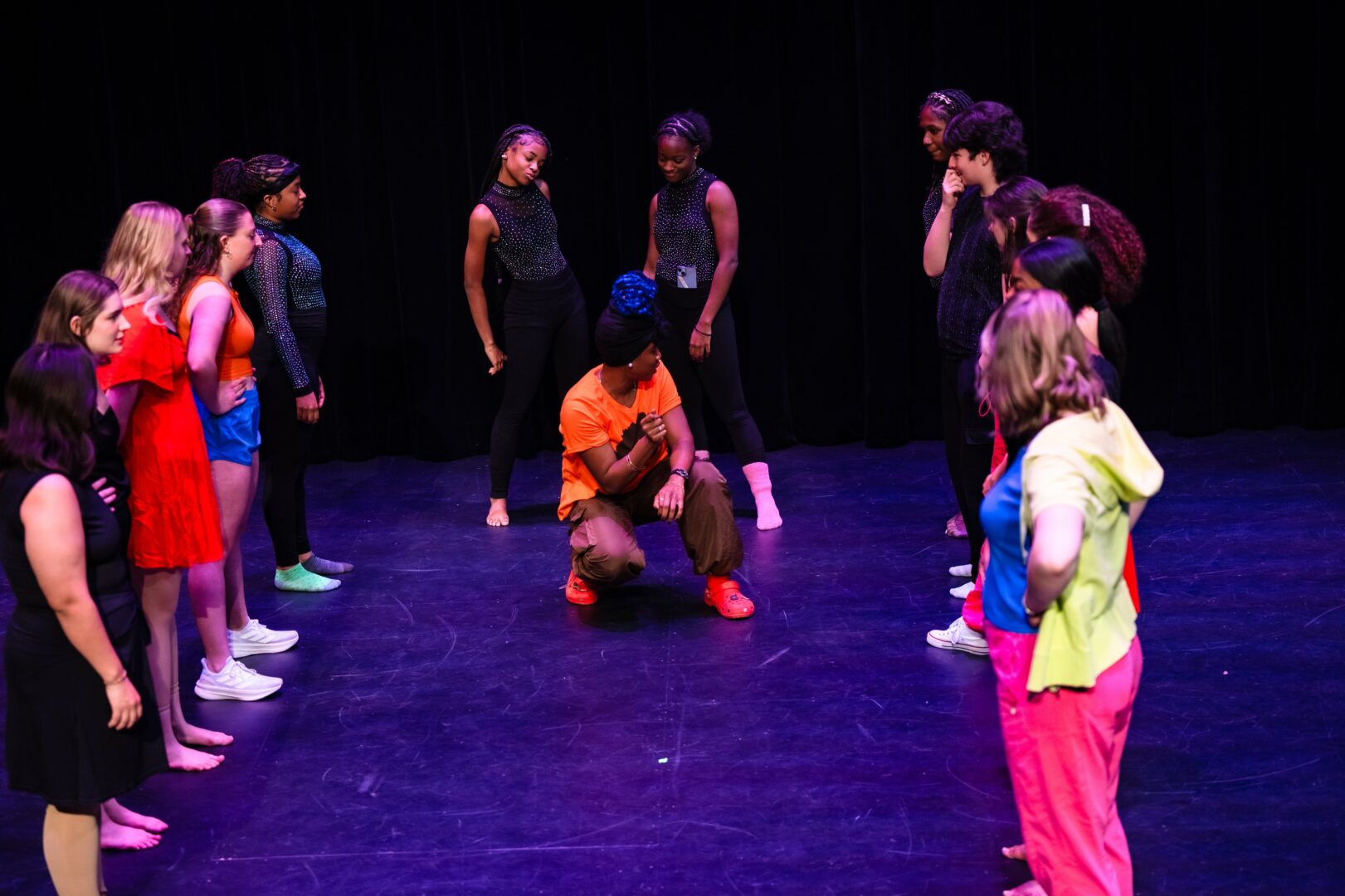We recently connected with Bre Forbes and have shared our conversation below.
Hi Bre, thanks for sharing your insights with our community today. Part of your success, no doubt, is due to your work ethic and so we’d love if you could open up about where you got your work ethic from?
I love this question, and have a few reflections!
The best quote I can share to summarize where I got my work ethic from would be, “People don’t buy what you do, but why you do it”. -Simon Sinek
This quote influenced whose habits and patterns I followed in order to approach developing my work ethic over the years. I followed in the steps of people whose “Why” for their work and purpose in the world were very clear and strong to me, and also that aligned mostly with values that were important to me. However, it’s important to mention that sometimes I adapted to the work ethic of those who had different values than myself (as long as they weren’t extremely conflicting), to allow myself more opportunities for learning and growing as a human, and with others within the spaces I was in.
It would be fitting to say that my work ethic comes from a “potluck” of interactions, influences, and experiences with others from childhood until now. It has been influenced by some of my friends, family, spiritual and artistic mentors, and even mentees that I’ve trained over the years. The younger generation is always showing you how to do things in a new way, appropriate for new seasons in your life, and I can appreciate this from time to time. It’s important to not dismiss what you can learn from them simply because they are younger and do things differently than what you may have always known.
Observing my parents working diligently and with quality in everything they did to provide for me and my siblings, certainly contributed to the founding values of my work ethic as well. I should mention that their work ethic didn’t “stop at the door”. They brought this same effort back into our family home, and into our everyday life and local communities when volunteering and serving others. My parents believed in honoring themselves, me and my siblings, and people and environments by completing tasks with diligence and quality. They saw developing a good work ethic as a way to respect themselves, make the most of their lives, and honor the living/breathing planet we live on. Each era of my life, my work ethic was driven by a different vision (my “why”) or focus for what I wanted in life. In my teenage years it was focused on wanting to be the very best worker I could be to honor myself, create a good reputation, and achieve a good level of independence from my parents. In my younger adulthood it built upon these things, and also became about working with excellence so that I could help others find their excellence (another way of honoring people like my parents had taught me growing up). Currently, in my more mature/ professional years I’d say that it’s guided by the values of honoring my beliefs, honoring and loving people, making the most of my life and purpose, and being a professional that people can trust; someone known for their integrity, creativity, and ambition to not leave this world before all that I was supposed to do (hard and easy, big and small) are all accomplished.
As I mentioned before, I do appreciate this question, and could talk about this extensively! To try my best and keep it brief, below would be a summary of my guiding vision for my work ethic:
1. A good work ethic allows for deeper connections with both the work and with the humans I’m doing the work for.
2. Work ethic isn’t produced by head knowledge alone (what I know to do for a project or circumstance), it’s born out of fervor and passion (the shaping of “why” I complete my work the way I do, and supports my ability to keep going when things don’t look the way I desire or believed they were supposed to).
3. There must be truth and integrity in my approach to ultimately honor those I do the work for, as well as myself.
4. Quality work ethic comes when you know deep in your bones, that even when you can’t see or understand how far your work may go, your intentionality as to how you approach your work can and will produce something purposeful in this world, and at some point in the hearts of the humans you are doing it for/with.
5. Keeping in alignment with the right values supports the vision of my work, and is helpful to the overall purpose of my work. So even when work gets crazy, my heart doesn’t panic and my mind stays focused on the vision (why I’m doing things the way that I am within the approach).
6. It will shift and change as I keep learning more about myself and have more life experiences (I’m Team Growth mindset!). It doesn’t have to be a perfect regimen, just something manageable for me to continue following through with that best fits each situation I step into, and that honors the values listed above.
In conclusion, I greatly value the process of becoming someone with an excellent work ethic. I see this process as a means to build the kind of character that can hold and sustain the dreams I’m working towards, and hold up the people I hope to serve through my existence and my work. Being intentional about developing a good work ethic saves lives, softens the loads and therefore hearts of others, and it allows for creativity to flourish the way it was originally intended to. Ultimately, the process of developing and maintaining a good work ethic within the spaces that I exist, allows for miracles to not only happen around me, but within my environment and within the hearts of the humans I get to share this world with.
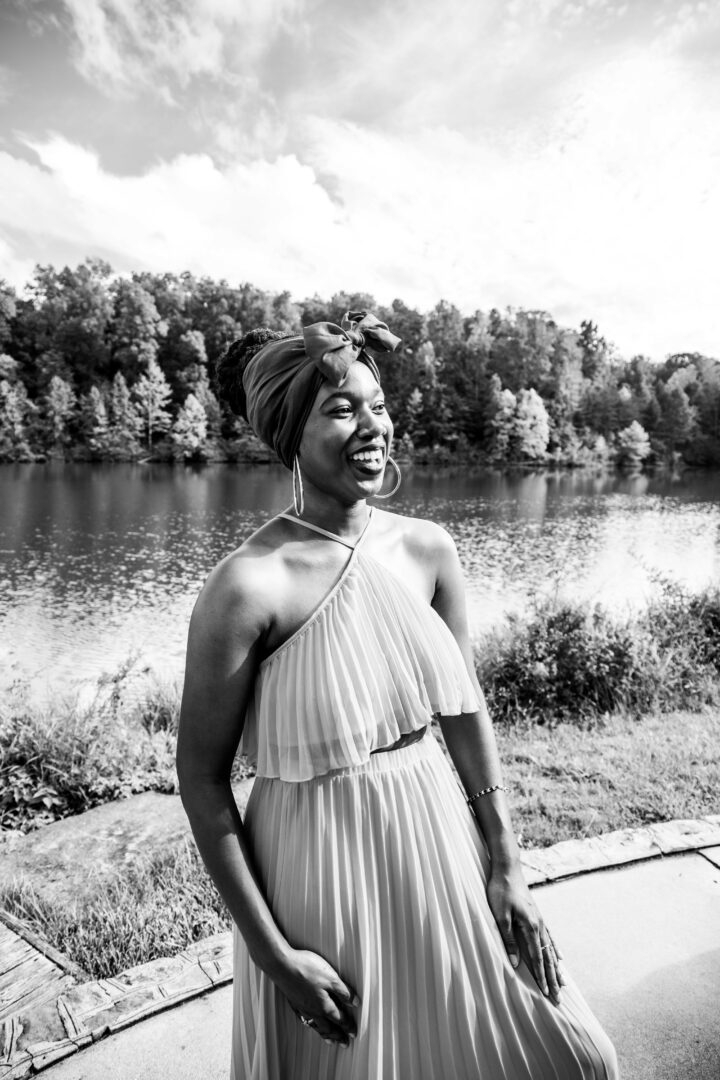

Great, so let’s take a few minutes and cover your story. What should folks know about you and what you do?
Hello beautiful people! As always, I am grateful for opportunities to be able to share my passions and parts of my life with others. It’s truly a privilege!
My name is Bre Forbes and I am currently enjoying my life’s work as a Practicing Artist, Professor of Dance, and Restorative Justice and Arts Advocate. It’s truly amazing to be able to live out multiple of my interests in this one big integrated life dream! I thoroughly enjoy working with my college students, mentoring my high school kids and connecting them with collegiate opportunities. I love teaching, choreographing, developing, managing, and executing creative research projects, as well as supporting all of my students and pre-professional/professional dancers in their personal and artistic endeavors. There’s more than enough I could share about the life of being a College Professor and Professional Artist! Outside of my teaching and choreographing, I am still fortunate enough to be able to travel and perform for myself. While I value and have trained in many Dance forms, I mostly in this season of my life perform Rooted Jazz, Contemporary, and Street Dance styles (Amapiano [South Africa], House, and several forms within Hip Hop). I also get the honor of serving on several executive boards for Performing Arts organizations in North Carolina, assisting with grant writing to support major projects, leading action committees, as well as supporting various Arts festivals along the East Coast. My hands and heart certainly keep full with all of the wonderful things I’m blessed to be able to do!
In addition to my work as an Artist and Arts advocate, I spend quite a bit of time writing restorative curriculums for Arts education programs with both K-12 settings and Higher education. I lead restorative circles in my general community, and lead Arts and Restorative integrated workshops for Dancers. The most exciting thing about this work that incorporates various fields (Performing Arts, Education, Business, Psychology, and Political Science to name a few) is the amazing people I get to either teach, collaborate with (Marine biologists, Political Scientists, Nutritionists, and Engineers to name a few), learn from, and in some cases develop life long friendships and mentor-mentee relationships with! I also love that the work that I do allows me the ability to revel in the preciousness of human nature, connections, and capabilities through creativity, as well as in just how expansive the world we live in really is. To really revel in the life of the Performing Arts you must remain curious, and know that dancing, connecting with others in Dance, and exploring the cultural, societal, and historical impacts of Dance, require a commitment to studying ALL that there is to humanity with integrity and respect. Not just a commitment to the things that feel easy and trends. It truly can be said that the arts [and the passion in the hearts and hands of the humans behind it] really can transcend many things in this world.
All in all, I enjoy my life of creating, organizing, thinking, and contributing what I hope would be seen as light to those I encounter through my work. My future creative projects and mentor initiatives will resume in the Fall of 2025. You can follow select and public projects on www.breforbes.com.
Lastly, I am always interested in collaborating with young and seasoned creatives, small businesses, community leaders, and anyone with a heart for community outreach to make new experiences come alive! If you are interested to learn more or would love to share a proposal, please feel free to contact me via my website.
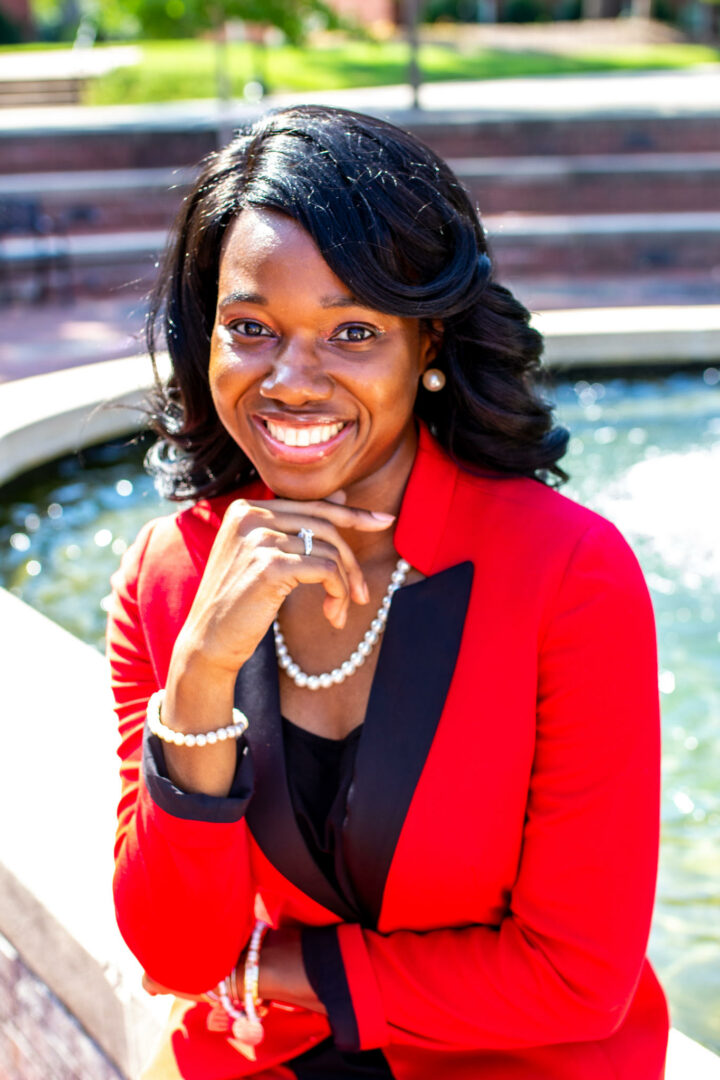
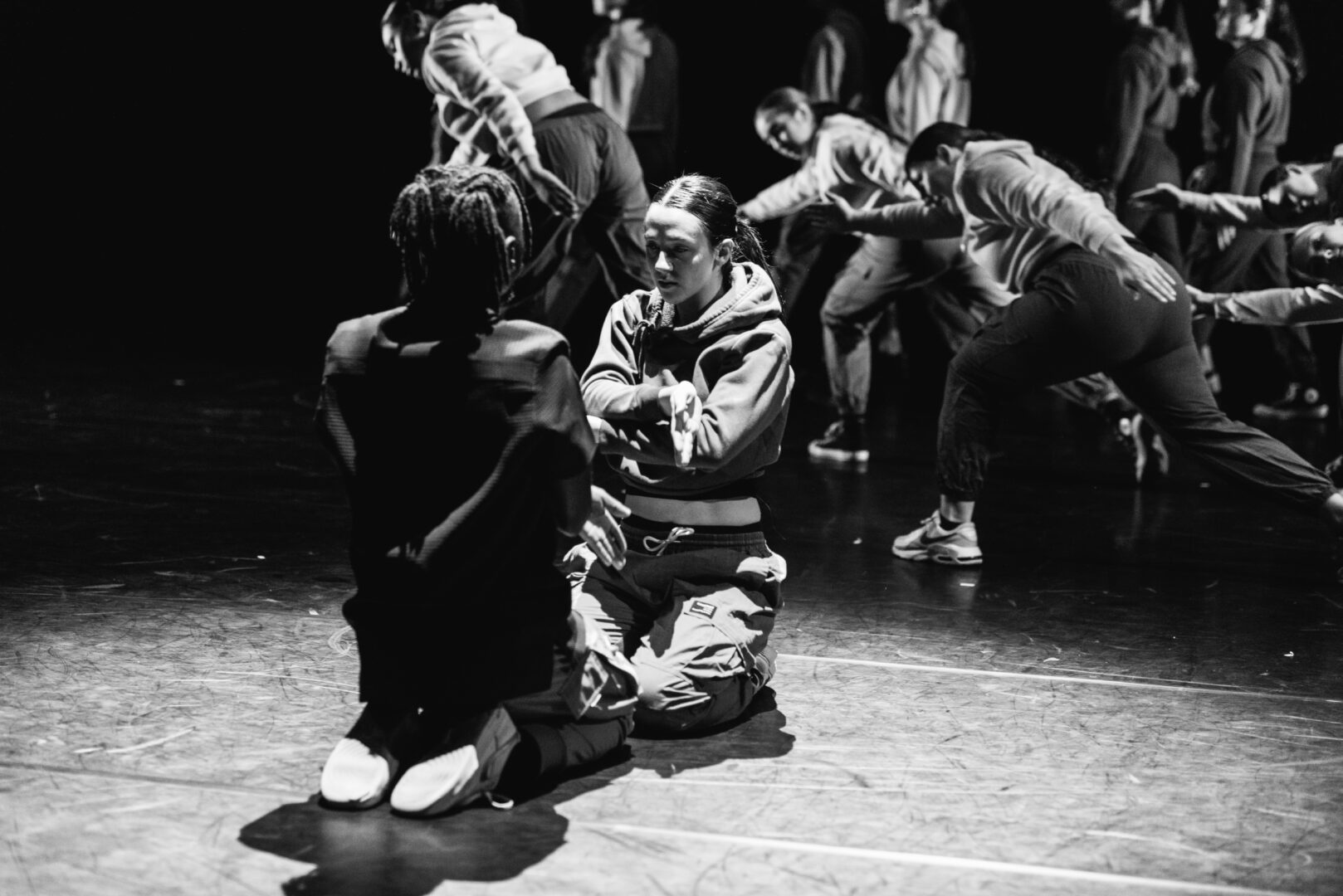
If you had to pick three qualities that are most important to develop, which three would you say matter most?
While there are many qualities, skills, and areas of knowledge that were and still are very impactful for my professional and personal journeys, I would say that developing the skills to be patient, remain curious, and persevere with integrity, have been the roots of my growth to being the human and professional that I am today. It is in part, due to these qualities and skills that I am able to experience all of the amazing opportunities that I get to have.
Patience (Skill and quality you will always need):
Growing in my ability to be patient has allowed me to approach developing a suitable and honorable work ethic for myself over the years. It was through practicing patience that I learned what true wisdom was. It’s important to mention that this has not always been on the forefront of my mind. I can be honest about that. Often times, I would be placed in situations that required I grow in this area. When hearts and souls are at stake (including your own), you learn to move with patience and caution. You LEARN to value slowing down to fully hear what someone is saying, to teach them or create for them in ways that are best for their ability to grow, and to learn all of the FACTS about a matter or individual, and approach your work with all of these things in mind. Patience has also allowed me to forgo dangerous deals or potentially negative situations. Meaning, when I do not always jump for any and every person or opportunity, I am able to see interactions and opportunities for what they really may be, and how interactions with these, may impact my life and the lives of others down the road. Patience will teach you to see the full picture of a matter, live a life of integrity, and not be a YES person for everything. It keeps you focused and operating in PURPOSE.
Curiosity/Inquisitiveness ( A quality I’ve always had):
I have always been an inquisitive person, always wanting to know more about people, fields of study, beliefs, and why some of the creatures that are in the greatest depths of the ocean exist. Remaining curious has kept my spirit youthful and allowed me to form genuine relationships with others and even has sparked people’s desires to invite me into spaces I never thought I’d be in. In high school I always walked around to different teacher’s classrooms just to say hello and ask what they were teaching even though they weren’t my teachers. In college I would use some of my free time to visit the offices of random professors from different departments to ask about what they did and why they were in their field. This, because I loved learning and connecting with people through what they loved and what they were good at. It sometimes prompted me to learn skills I didn’t originally value, but would be able to later use in life. Curiosity has led me to try different jobs I didn’t necessarily see myself doing or that weren’t directly related to my artistic practices (like working for Converse, and learning more about their environmental and social impact initiatives around the world). It was during my time here that I had the opportunity to meet a few German businessmen and learn about the importance of fashion and sustainability to them, which today I carry this knowledge with me when working on projects in the Arts. It was also nice to learn some of their language and culture as well. That was a memorable time for me!
Perseverance (Skill you will always need):
“A wise man will make more opportunities than he finds”-Francis Bacon. Practicing being perseverant and making opportunities for myself, writing my own job proposals to companies and organizations, doing what I knew how to do with integrity until I learned the next thing or stepped into the next circle, helped me to see more than what I would have ever seen by just accepting what life would give me. This also relates to how I consistently pursued understanding and valuing humans, and how this would empower people along my journey when working with them. Perseverance, curiosity, and patience go hand in hand. You continue to work on growing yourself, developing your skillsets, your understanding of others and the world, trying new things, and revisiting the foundation of old things in your life, until whatever is supposed to be birthed within you and from you happens. With this, in all things, I learned to persevere throughout my life with wisdom. I learned to not push certain people or matters, or myself when it was unwise to do so. You must understand how to use perseverance, when to do so, or when to leave something or someone during your journey. That is…persevering is not just about working towards getting what you want out of life, but also moving in a way that honors others and what life is supposed to bring them as well. Sometimes this requires not moving forward with certain people and things.
My advice to anyone who is early on their journey and would like to improve on these would be to find opportunities that REQUIRE you to develop these skillsets. Practice while afraid and imperfect at things. Break patterns and cycles that are familiar in order to move towards the wonderfully new and deeper things you were meant to be able to experience and take part in, in this life (all of this with wisdom of course).
I once stood in front of my classroom full of college students (some seniors, some graduate level) and asked them what they would do if their fields disappeared or no longer supported the quantity of practitioners it had before. Some students only wanted to Dance, and others were pursuing interdisciplinary approaches to the professional world. It was an important question for many reasons. Many stared at me with wide eyeballs as if I had said a forbidden thing. I reassured them that this was, in that moment, a hypothetical question and an attempt at getting them to realize that adulting, maintaining a good quality of life, and growing through whatever comes your way in this journey of life, requires the ability to remain CURIOUS (Don’t cement yourself and your abilities too early, but hold them closely), to practice PATIENCE (Don’t panic but give yourself time to see a bigger picture, a different picture if you have to, to create other opportunities for yourself), and to always PERSEVERE (strategize, plan, and move).
Lastly, it is very important to seek out mentors and community to help you with your journey. You don’t need to do everything the way they did, or only do the things they insist upon, but there is wisdom in having guides that may be able to see what you can’t, or help highlight more of your potential for you while you are growing. People who can care about you, respect you, and move with honest intentions alongside you. This, no matter what age or part of your journey you are on in life.
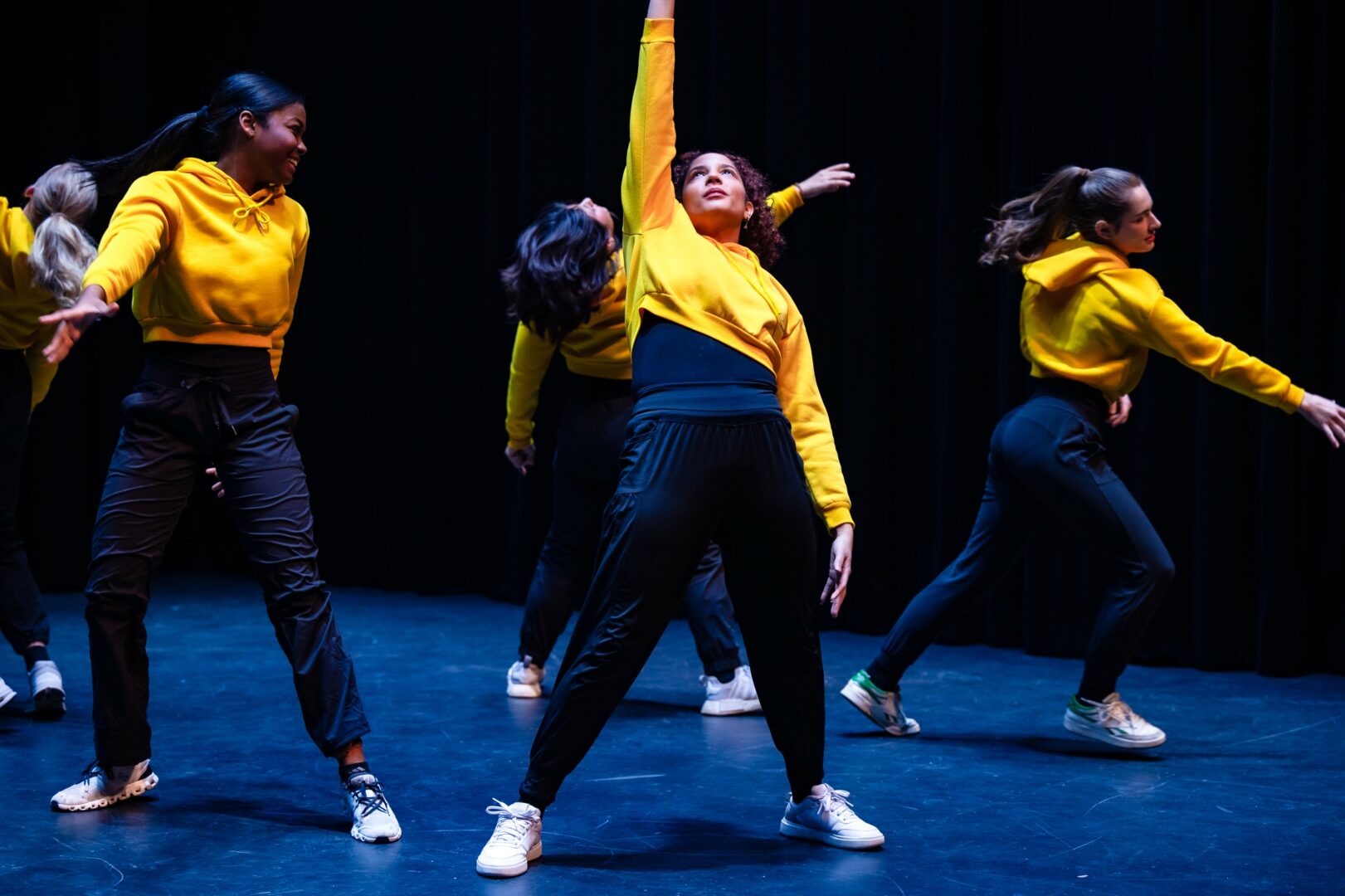
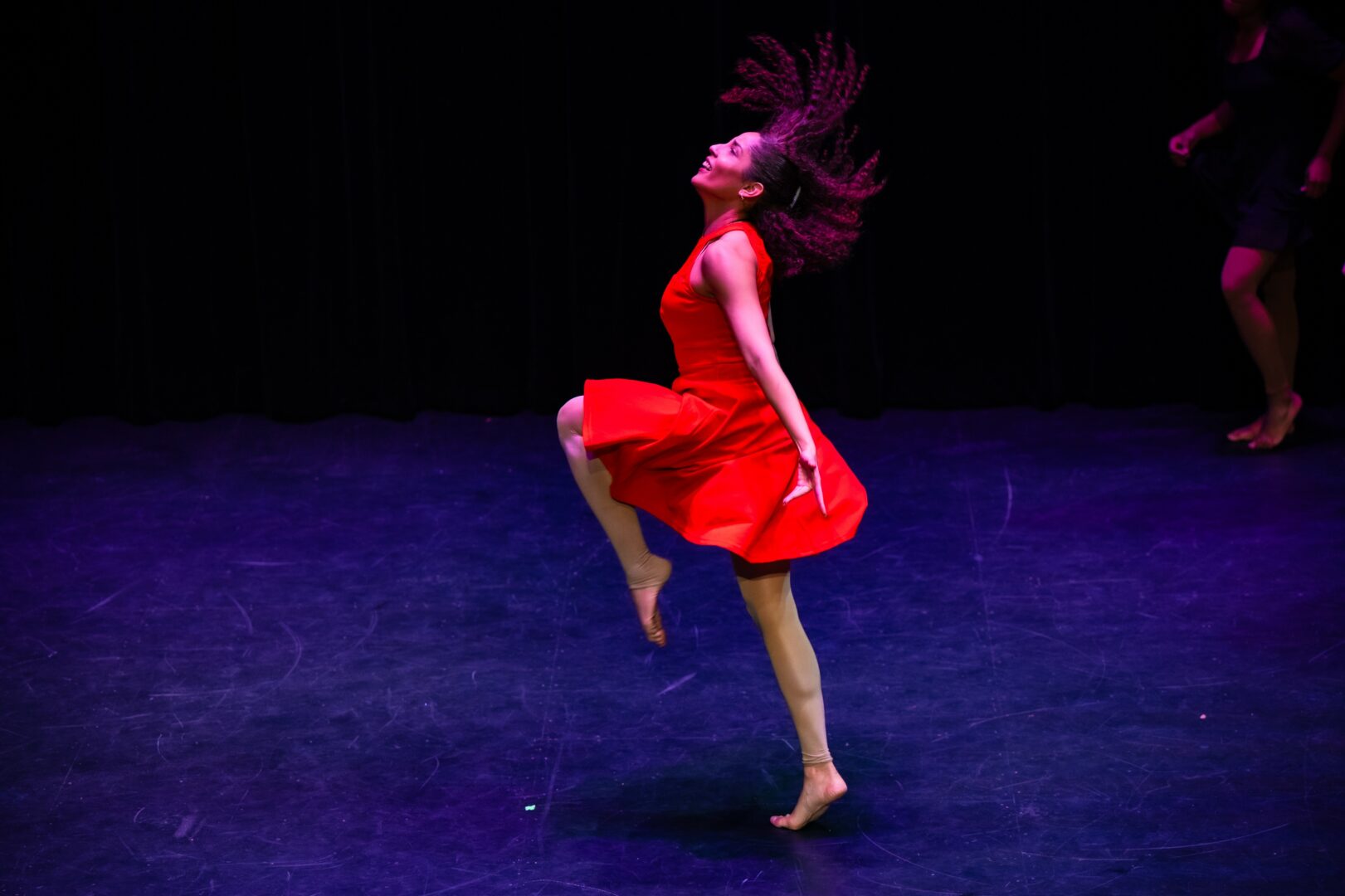
We’ve all got limited resources, time, energy, focus etc – so if you had to choose between going all in on your strengths or working on areas where you aren’t as strong, what would you choose?
Wisdom would guide me towards the understanding that both going all in on your strengths and being more well rounded with improving areas you aren’t as strong in, are appropriate for different circumstances. There are times where you need to focus on your strengths to maximize the potential of a particular situation.
I’m cautious to say that how I’ve applied this personally in my life would have the same impact in the lives of others. Circumstances and various factors can impact your particular outcome. Nevertheless, an example when I’ve focused mostly on my strengths has been when working on projects or volunteering that required a certain area of expertise and abilities from me. Meaning, I wasn’t necessarily leading those projects. Within this circumstance it was most beneficial to myself, others, and ultimately the purpose of a collaborative project when I (a part) operated in my strengths to best serve the whole. In your personal life this type of focus can be good for negotiating opportunities for yourself, or for helping others to have a better quality of life by simply operating in your strengths (i.e. decorating someone’s home, helping someone with a cover letter, making healthy foods for someone who isn’t knowledgeable as to how to do this for themselves just yet, etc.).
In other circumstances where I have more control, time, and capacity to work on improving areas I’m not as strong in, I’ll take the chance to do so. While I naturally haven’t always favored this approach, I strongly valued it. There have been times when I’ve performed and my colleagues had injured themselves last minute and I had to step in to dance their sections, or when someone was not able to teach a class, or lead a meeting on a particular topic, or when I had to assist someone with a medical emergency in public, I had to be able to step in and operate in areas I didn’t normally, to complete the task at hand. In your personal life this can look like not just being excellent in your profession, but developing the skills to be a good steward of your home, family, and friendships. Not just working in your strengths to achieve visibility in your field, but focusing on alignment by volunteering to assist with causes you aren’t as familiar with indirectly associated with your field or the people your field impacts you don’t always think of. Or perhaps to be more Arts focused, not just dancing because you’re good at it, but learning the theater tech crew, managerial, and composition skillsets to know how to speak with other professionals respectfully, and ensure a positive and quality work experience for all involved. Your ability to grow in weaker areas impacts your and other’s quality of life and work.
Overall, you should always strive to keep a balance between the two approaches and understand the importance of applying them in different situations.
Contact Info:
- Website: https://www.breforbes.com
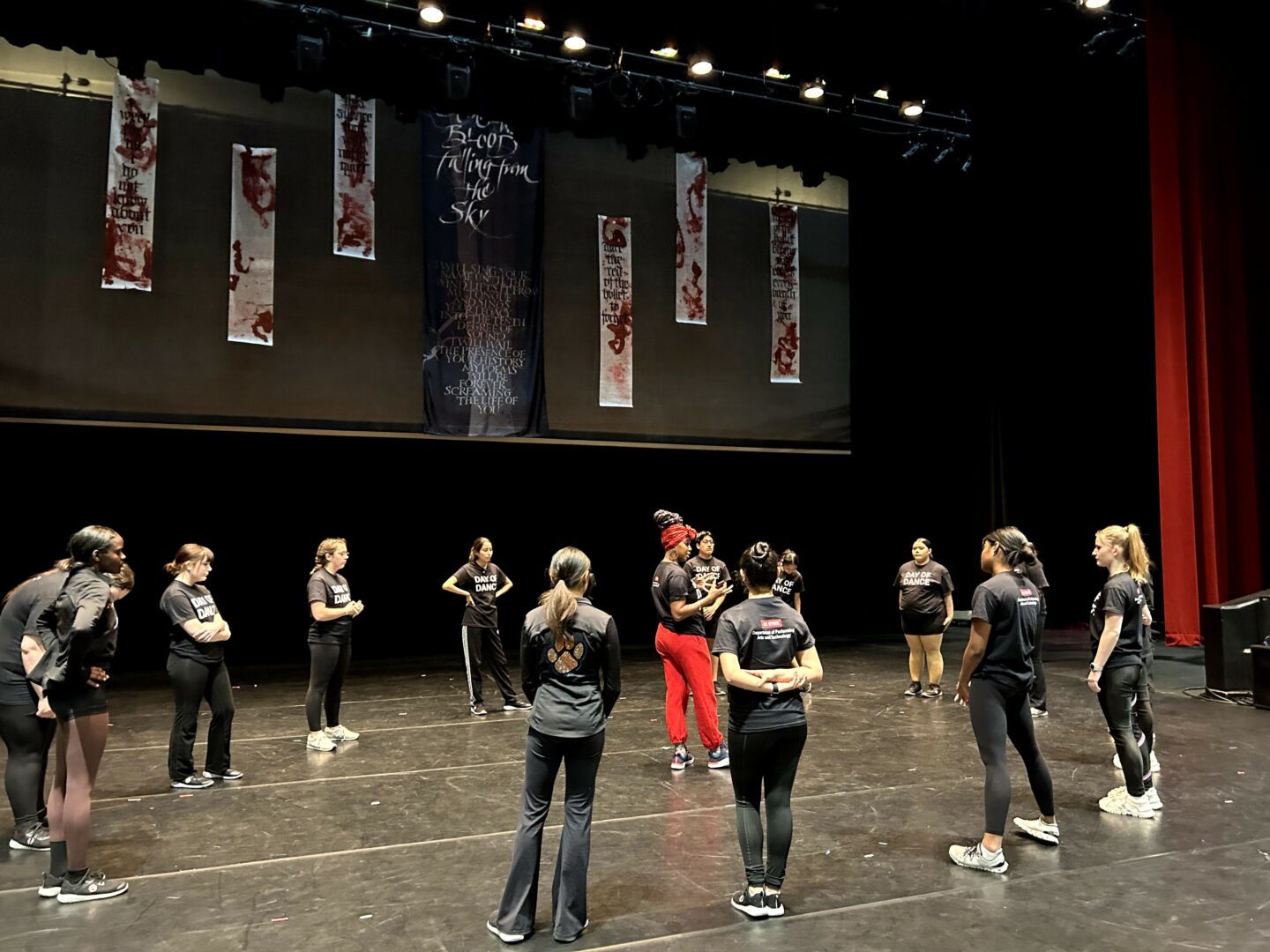
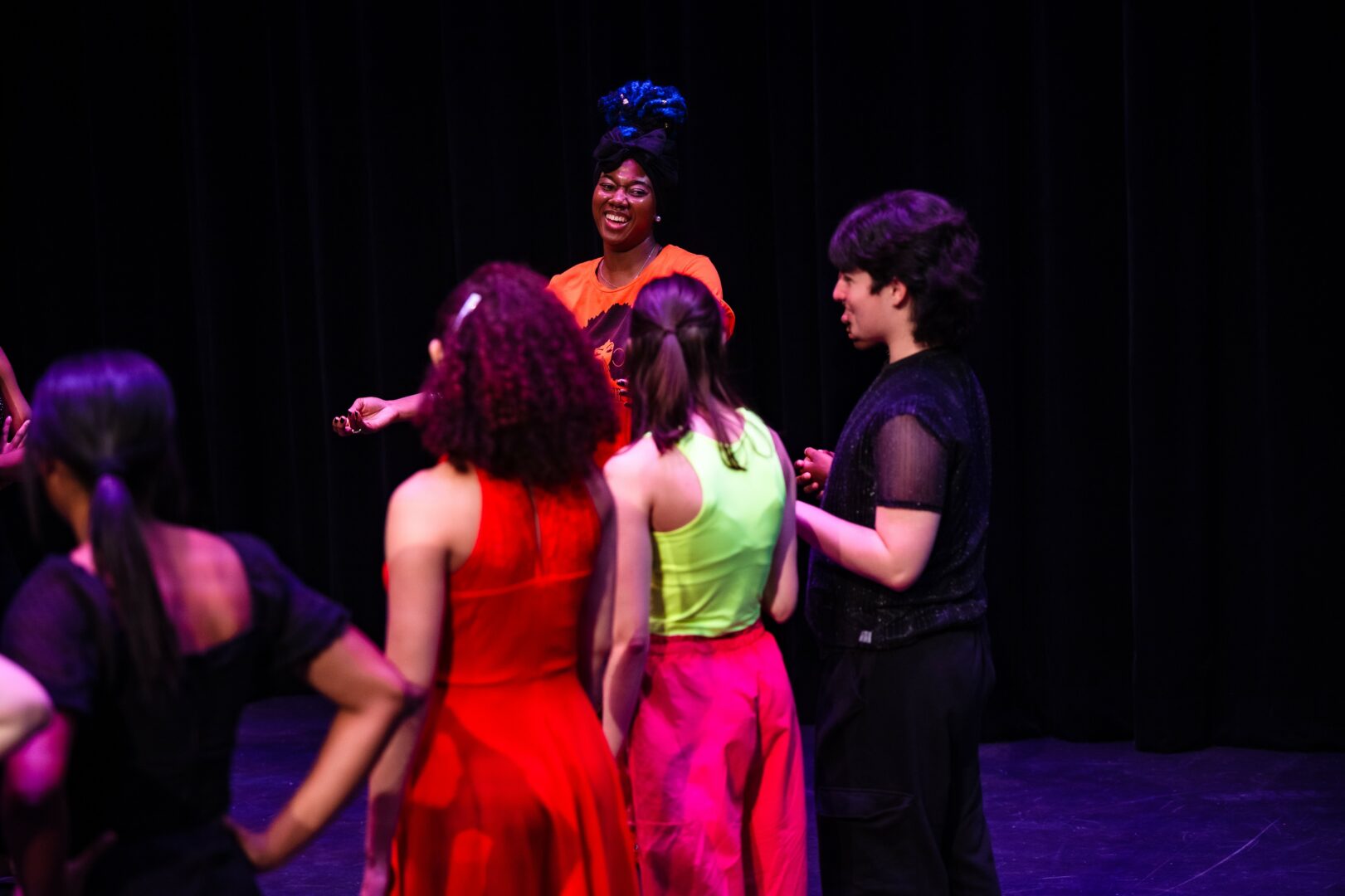
Image Credits
LilyGrace Wolfe, Cassandra Reid, Nelson Moore
so if you or someone you know deserves recognition please let us know here.

